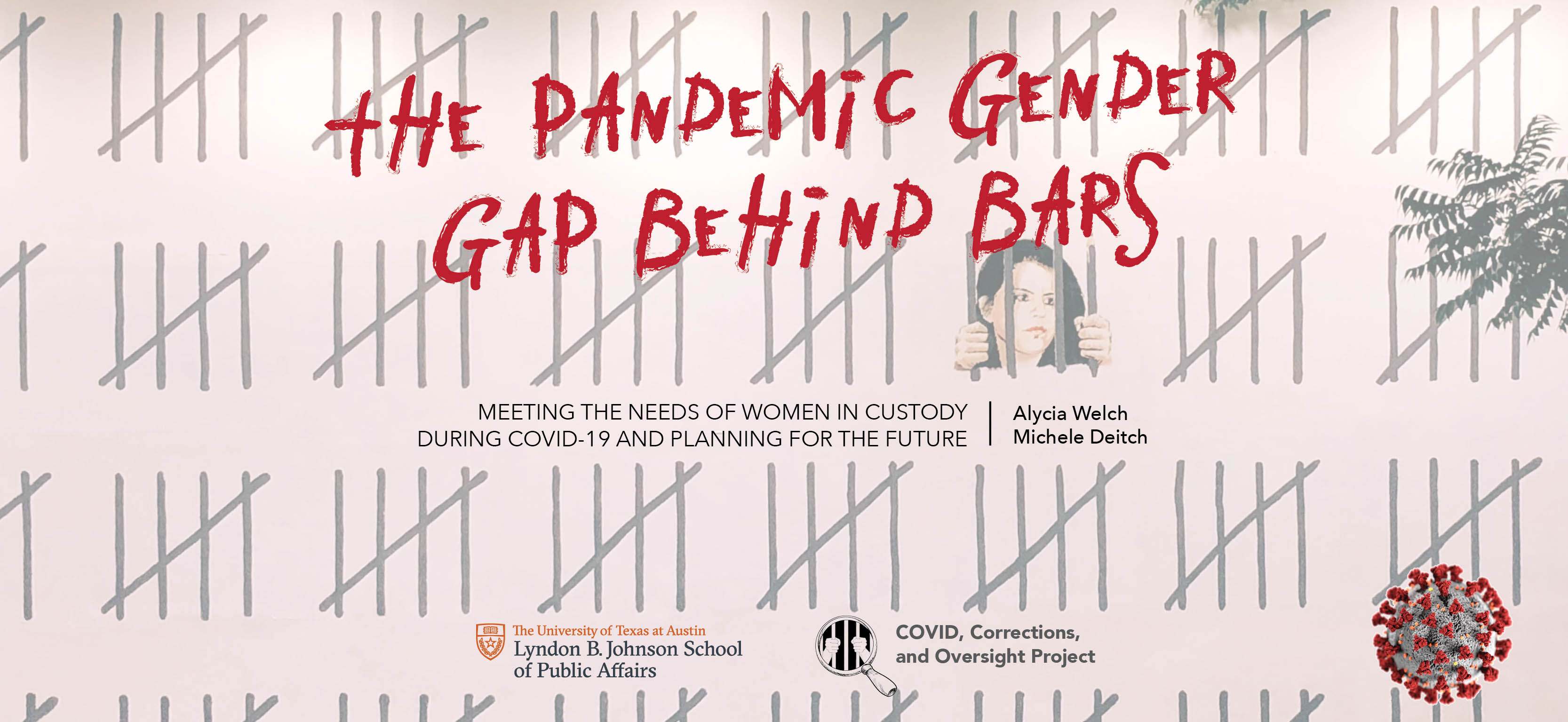Report

This report examines the distinct harms that women in custody experience during incarceration and highlights the ways in which correctional agencies' COVID-19 restrictions have been exacerbating those harms. Even before the pandemic, women were overlooked in correctional facilities that were not designed for them and that are not administered with them in mind. The vast majority of incarcerated women have experienced trauma, have unaddressed behavioral and physical health challenges, are single mothers, and are from low-income communities of color. These factors make them especially vulnerable to the impact of measures implemented by prisons and jails to mitigate the spread of COVID-19, such as suspension of visitation and programming, restrictions on volunteers entering the facility, lockdowns, and the use of medical isolation. Drawing on research about best practices for working with incarcerated women, the report recommends a set of gender-responsive approaches to COVID precautions in corrections facilities that would simultaneously strengthen public health and improve outcomes for women, their families, and communities.
Research Topic
Criminal Justice

